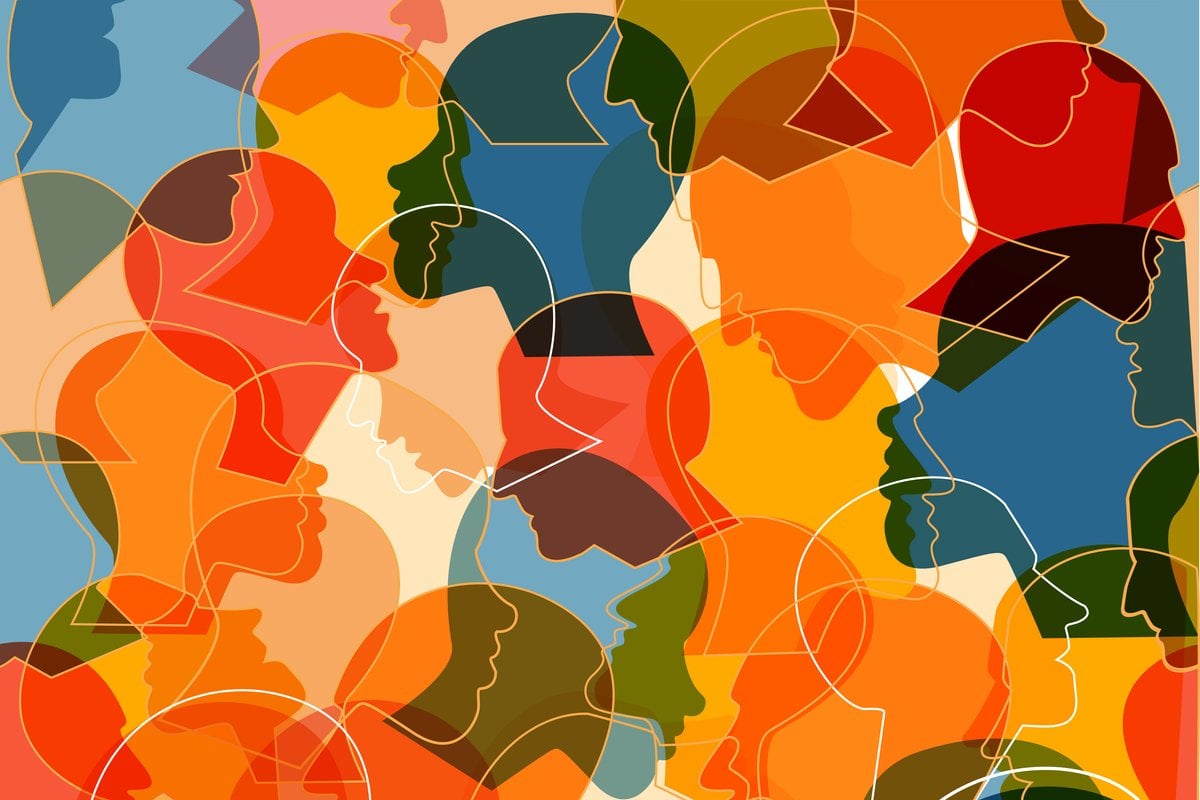
"Everyone seems to be getting a diagnosis these days."
It’s a statement most of us have probably heard in relation to the apparent increase in diagnoses of neurodivergent conditions such as ADHD and autism. Usually accompanied by a tut or a head-shake.
And if it seems like there’s been an increase in neurodivergent diagnoses, that’s because there has been.
According to Psychologist, Carly Dober, global studies of autism and ADHD prevalence show a steady rise over the past 50 years, and a marked increase over the past decade, especially in more developed economies such as the UK, USA and Australia.
Watch: ADHD and Relationships. Article continues after the video.
"Several studies have suggested the higher rates are due to non-biological factors, including changes in definition, improved services, and greater awareness in both the professional public and the general public," she says.
"Not only that, but there has been a shift in the old gatekeeper of neurodivergence healthcare in which health professionals take the concerns of individuals and their families seriously."

Top Comments